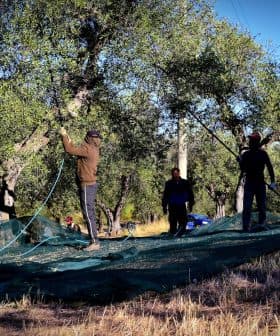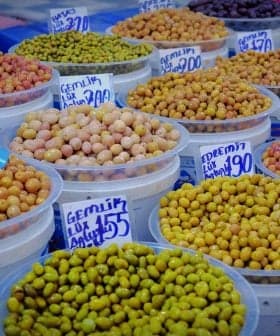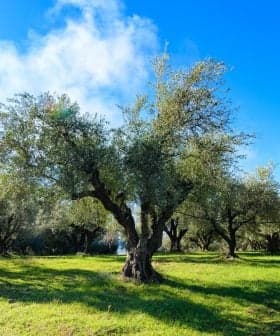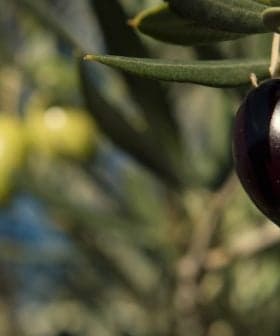Pressure Mounts in Greece to Settle Dispute Over Kalamata Appellation
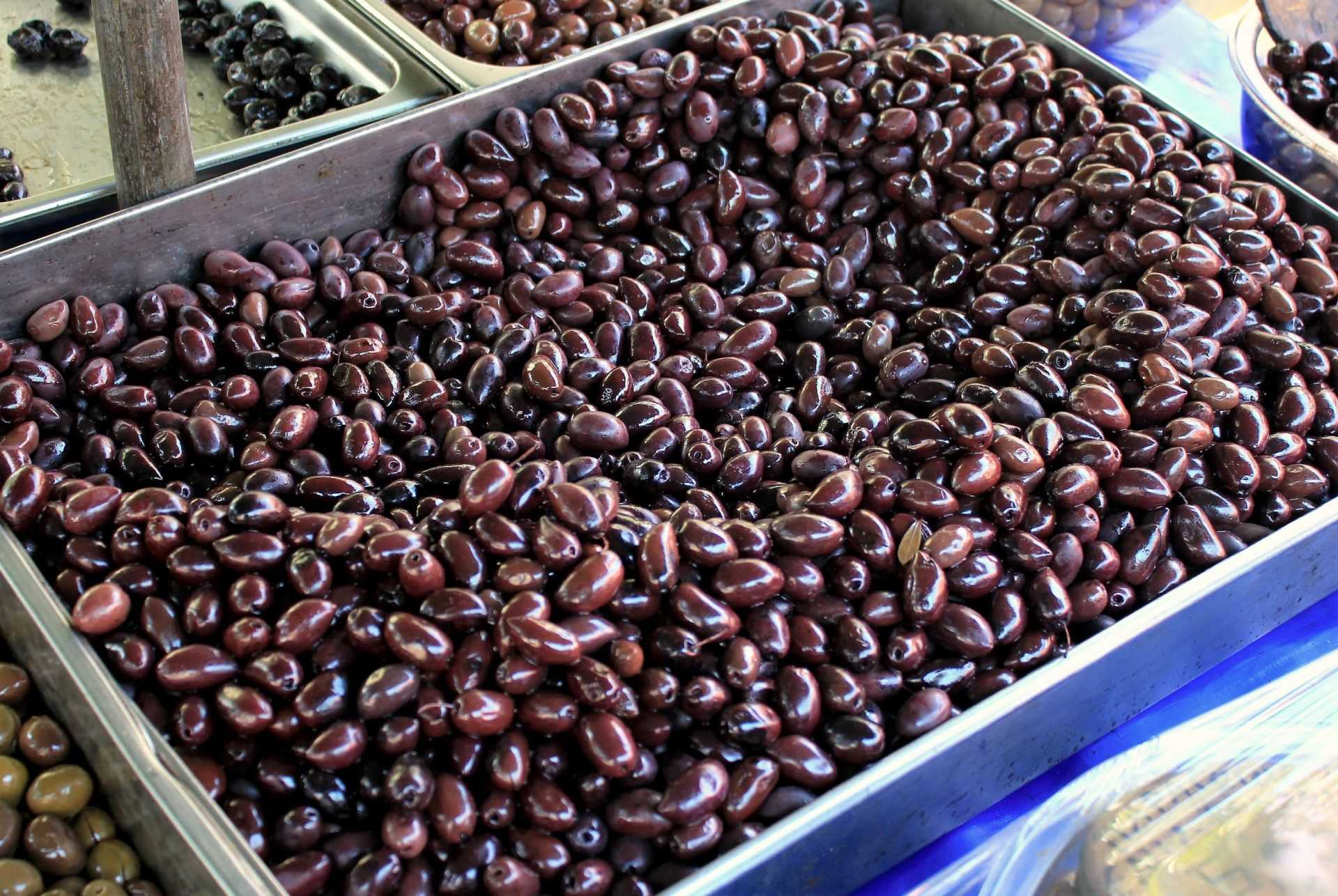
The debate over the use of the ‘Kalamata olives’ brand name in Greece has divided olive producers, with Messenian producers protesting the legislation allowing other areas to market Kalamon olives as ‘Kalamata’ without the PDO tag. The Supreme Court is expected to examine the appeal of Messenian producers against the 2018 law in April, as the newly-appointed minister of agriculture considers modifications to strengthen Greek producers and separate the Kalamon and Kalamata PDO names.
Table olives of the Kalamon cultivar continue to divide the sector in Greece, with producers in the Messenia region and their counterparts elsewhere in the country engaged in a debate over the use of the ‘Kalamata olives’ brand name.
Until 2018, Kalamon olives produced in Messenia were marketed under the name ‘PDO Kalamata olives / Elia Kalamatas,’ while the olives of the same cultivar grown in other areas of the country were marketed only as ‘Kalamon olives.’
The law in dispute enables anyone inside or outside of the country to market Kalamon olives under the brand name Kalamata olives.
A law introduced that year added the Kalamata olives cultivar to the national list of plant varieties of Greece and identified it as synonymous with the Kalamon cultivar.
This enabled Greek producers outside of Messenia to market their olives under the ‘Kalamata’ brand name – without the Protected Designation of Origin tag – and improved their ability to sell these olives abroad due to the PDO’s appeal with consumers.
See Also:Europe Seeks Public Input in Effort to Framework for Geographical IndicationsSince then, olive producers in Messenia have been protesting the new legislation, claiming that it causes great disruption to the sector by enabling other countries to use the Kalamata name.
“The situation has created many problems all over the country, not only in Messenia, which is the Protected Designation of Origin region, but also for the whole Kalamon cultivar,” said Yiannis Pazios of Symepop, the association of PDO producers of Messenia. “The law in dispute enables anyone inside or outside of the country to market Kalamon olives under the brand name Kalamata olives.”
“The ministerial decision must be repealed because article 13.2 of Regulation 1151, which regulates PDO products, prohibits a term that is registered as a PDO from being used as a variety synonym,” he added.
The Messenian producers have also appealed to the Supreme Court of Greece to overturn the 2018 legislation.
Industry experts and local officials in other table olive-producing areas have asked for the legislation to remain, asserting that it widely benefits Greek producers.
“[To repeal the law] would be a monumental own goal,” agriculturist Popi Aggeli said. “It will deprive the markets of thousands of tons of quality Greek olives each year. Trying to sustain foreign markets with the approximately 400 tons of [Kalamata] olives exclusively of Messenian origin seems like a bad joke.”
Kostas Lyros, the mayor of Messolonghi, a city in the Aetolia-Acarnania region which is the largest producer of Kalamon olives in Greece, has asked the minister of agriculture to create a PDO Kalamon certification.
“A permanent request of the Kalamon olive producers from Aetolia-Acarnania, Fthiotida, and elsewhere except Messenia is to expand the usage of PDO Kalamon name and cover the production [of olives] in all of the country,” Lyros wrote in a letter to the ministry. “Kalamon olives should become a national PDO product.”
Untangling the confusion is no easy task; since the Kalamata cultivar of table olives was added to the national plant list, it has been included in plant registries all over the world.
“International catalogs and listings of cultivars have now been updated with the new name,” agriculturist Giorgos Korinnis told Olive Oil Times. “Just revoking the 2018 legislation would not turn things back to the previous status.”
Spilios Livanos, the newly-appointed minister of agriculture, said in a recent telemeeting with the Greek interprofessional association of table olives (Doepel) that he is considering modifications to the current regulation. His goal is to strengthen the financial positions of Greek producers and separate the Kalamon and Kalamata PDO names.
During the telemeeting, a new brand name – ‘Kalamata variety’ – was proposed for Kalamon olives produced outside of Messenia, the Agrotypos agricultural news portal reported, a suggestion that Doepel rejected.
Among other varieties, Greece produces more than 60,000 tons of Kalamon olives each year, with most of the production exported to markets around the world.
After several postponements, the appeal of the Messenian producers against the 2018 law is expected to be examined by the Supreme Court in April.





